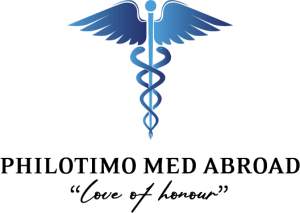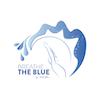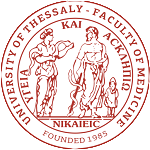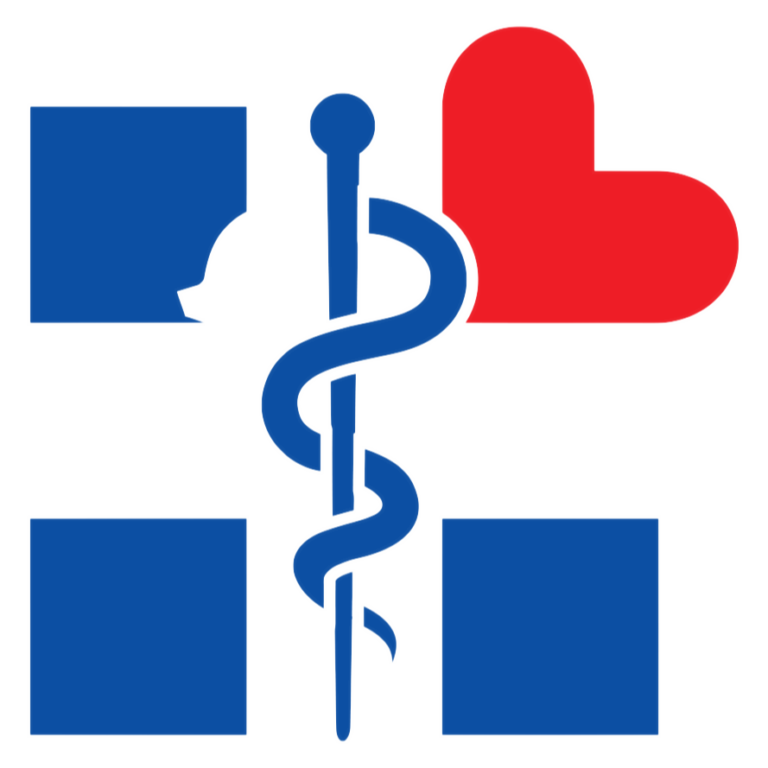Nail Biting: A Hidden Threat to Oral and Overall Health
Nail biting, medically known as onychophagia, is a common habit that affects many individuals, especially children and adolescents. While it might seem like a harmless behavior, nail biting can have serious health consequences, particularly for medical students and future healthcare professionals who should be mindful of their hygiene and overall well-being. As future doctors, dentists, or healthcare providers, understanding the negative effects of nail biting on dental health, nail health, and psychological well-being is crucial—not only for personal awareness but also to educate patients in the future.
In this article, we’ll explore the risks associated with nail biting, its psychological roots, and how medical students can break this harmful habit.
Dental Problems Caused by Nail Biting
One of the most significant impacts of nail biting is on dental health. Frequent biting of nails can lead to various oral problems, including:
1. Tooth Wear and Damage
The constant grinding of teeth against nails can erode tooth enamel, the protective outer layer of teeth. Over time, this leads to wear and tear that makes teeth more susceptible to decay, chipping, and cracking. In extreme cases, chronic nail biting can even cause teeth to fracture, requiring restorative dental treatments like fillings, crowns, or even dental implants.
2. Misalignment and Malocclusion
Nail biting puts pressure on the teeth and jaw, which can cause teeth to shift or become misaligned. This can lead to malocclusion, a condition where the teeth don’t align properly when the mouth is closed. Over time, this can cause issues with chewing, speaking, and overall oral health. Malocclusion might also require orthodontic intervention, such as braces or retainers.
3. Gum Recession
The mechanical force of nail biting can also harm the gums. Biting nails too close to the gum line can cause gum recession, which exposes the sensitive roots of the teeth. This increases the risk of tooth sensitivity and gum disease, conditions that can progress to periodontitis, an advanced gum infection that can lead to tooth loss.
Nail Damage and Associated Health Risks
Nail biting doesn’t just harm your teeth—it can also cause significant damage to your nails and increase the risk of infection:
1. Nail Fragility and Breakage
Chronic nail biting can weaken the nails, making them brittle and prone to breaking. Repeated trauma to the nail bed can lead to permanent changes in nail shape and growth, potentially resulting in unsightly or deformed nails.
2. Nail Bed Infections
Our nails harbor germs, bacteria, and dirt, which can easily be transferred to the mouth through nail biting. This can introduce harmful pathogens into the body, leading to infections such as paronychia—a painful infection of the skin around the nails. Paronychia can cause redness, swelling, and pus-filled abscesses, often requiring medical treatment or surgical drainage.
3. Fungal Infections
Nail biting can increase the risk of fungal infections like onychomycosis, which causes nails to thicken, discolor, and become brittle. Fungal infections can be difficult to treat and may require antifungal medications or even the removal of the affected nail in severe cases.
Psychological and Emotional Factors Behind Nail Biting
Nail biting is often linked to psychological factors, including anxiety, stress, and even certain personality traits like perfectionism. Medical students, in particular, may face high levels of stress due to the demands of their education and clinical experiences. Understanding the psychological roots of nail biting can help in developing effective strategies to overcome it.
1. Stress and Anxiety
For many individuals, nail biting serves as a coping mechanism for stress and anxiety. The act of biting nails can have a calming effect, temporarily relieving nervous tension. However, this habitual behavior often becomes difficult to control and may exacerbate feelings of stress in the long run.
2. Perfectionism and Emotional Regulation
Research suggests that people with perfectionist tendencies are more likely to engage in repetitive behaviors like nail biting. Perfectionists often struggle with frustration and boredom, and nail biting becomes a way to alleviate those feelings. For medical students, who are frequently faced with high expectations and pressure to perform, this trait can manifest in harmful habits like nail biting.
3. Imitation and Learned Behavior
Nail biting is common in children and adolescents, affecting 20-33% of children and up to 45% of teenagers (Siddiqui et al., 2020). For many, the habit begins as a learned behavior, often imitating adults or peers. While most people outgrow nail biting in adulthood, it persists in some individuals, becoming a chronic issue that is difficult to overcome.
Health Implications of Chronic Nail Biting
In addition to dental problems and nail damage, nail biting can have broader health implications:
1. Introduction of Harmful Bacteria
Nail biting can introduce harmful bacteria and viruses into the mouth, increasing the risk of illnesses such as colds, the flu, and gastrointestinal infections. Our hands come into contact with countless surfaces throughout the day, making nails a breeding ground for germs. For medical students, who must prioritize hygiene in clinical settings, this habit poses a direct risk to both personal and patient health.
2. Skin Irritation and Inflammation
Nail biting can cause irritation, redness, and swelling around the nail bed, which can lead to chronic skin problems. Constant biting can damage the cuticles and surrounding skin, making it easier for infections to take hold. Over time, this can result in permanent damage to the nails and surrounding tissue.
3. Psychosomatic Symptoms
In some cases, nail biting may be linked to psychosomatic disorders, especially in individuals from aggressive or high-conflict family environments. Addressing the emotional and psychological roots of the behavior is key to breaking the habit and reducing associated health risks.
Breaking the Habit: Effective Strategies for Medical Students
As future healthcare providers, medical students must set a positive example by practicing good hygiene and self-care. Nail biting is not only a bad habit but also a potential health risk that can affect personal well-being and professional credibility. Here are some strategies to help break the habit:
1. Behavioral Modification
Positive reinforcement and behavioral modification techniques have proven to be more effective than admonishment, especially in children. Rewarding yourself for progress, keeping track of when and why you bite your nails, and using alternative behaviors (such as stress balls or fidget toys) can help curb the urge to bite.
2. Mindfulness and Stress Management
Since nail biting is often triggered by stress and anxiety, practicing mindfulness and relaxation techniques can help reduce the frequency of the habit. Deep breathing exercises, meditation, and focusing on the present moment can all be effective ways to manage stress without resorting to nail biting.
3. Physical Barriers
Using bitter-tasting nail polish or keeping nails trimmed and manicured can help deter nail biting. The unpleasant taste or lack of nail to bite can act as a physical barrier, making it more difficult to engage in the habit.
4. Professional Help
For those who struggle with severe nail biting linked to anxiety, stress, or obsessive-compulsive disorder (OCD), seeking professional help from a therapist or counselor may be beneficial. Cognitive-behavioral therapy (CBT) can be particularly effective in addressing the underlying psychological factors that contribute to nail biting.
Conclusion: Cultivating Healthy Habits as a Medical Student
Nail biting might seem like a trivial habit, but its impact on dental health, nail health, and psychological well-being is far-reaching. As medical students, it’s essential to recognize the dangers of this behavior and take steps to address it. Not only will breaking the habit improve your own health, but it will also set a strong example for future patients who may struggle with similar issues.
By raising awareness about the consequences of nail biting and adopting healthier coping mechanisms for stress and anxiety, medical students can cultivate better habits that will benefit them throughout their professional and personal lives.
Stavros Cid
Founder and Executive Director of Philotimo Med Abroad |
CEO of Breathe the Blue – Retreats in Greece












